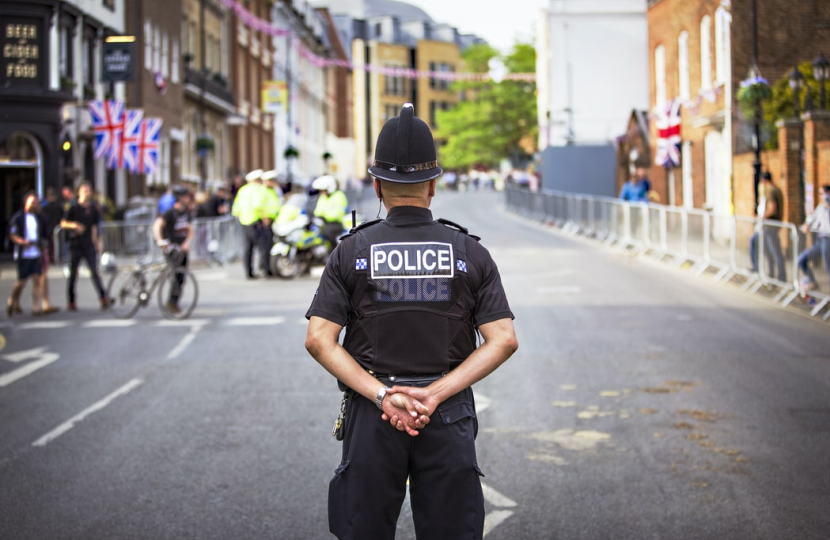
Targeted uniformed patrols in hotspot areas have helped drive down antisocial behaviour by over 30% in some areas, according to reports from policing
These extra patrols, along with hundreds more arrests and stop and searches, were just one part of the government’s Anti-Social Behaviour Action Plan, launched 6 months ago.
The latest data shows that since hotspot uniformed patrols have been rolled out in 10 pilot areas, there have been over 250 arrests, over 600 stop and searches and around 1,000 other enforcement actions such as community protection notices and public protection orders.
Through the Anti-Social Behaviour Action Plan, up to £20 million of funding will be invested in 16 pilot areas to trial either hotspot police and enforcement patrols, or a new ‘Immediate Justice’ scheme to bring in swift and visible punishments to perpetrators of antisocial behaviour. Some areas are trialling both schemes.
Thanks to this work, several hotspot trial forces have reported significant declines in antisocial behaviour. The Lancashire Constabulary have reported that in Brunswick, Blackpool, there has been a 36% fall in reported incidents of antisocial behaviour compared to the same period last year when hotspot patrols were not in place.
It is estimated that at least 150,000 hours of additional individual police and partner hotspot patrols will be delivered by March 2024 across the 10 pilot areas before the initiative is rolled out across every police force in England and Wales later in the year.
This comes after the government recently announced that possession of nitrous oxide, also known as ‘laughing gas’, will be illegal from 8 November 2023, delivering on the Home Secretary’s pledge to get tougher on flagrant drug taking in local communities and associated antisocial behaviour.
Other measures that have been delivered since the launch of the plan include:
- every police and crime commissioner in England and Wales has been allocated up to £1 million as part of the Safer Streets Fund to cover the period from 1 October 2023 to 31 March 2025, to run local projects to combat antisocial behaviour, acquisitive crime and violence against women and girls
- additional funding of up to £2.5 million has been put in place for transport safety officers to make public transport safer, including specially-trained staff to deal with low-level nuisance and disorder
- punishment for those who graffiti, litter or fly tip has been increased with fines of up to £500 and £1,000
- an extra one million hours of youth services has been provided for areas with the highest rates of antisocial behaviour to put people on the right track and prevent them from offending in the first place
In the coming months we will launch the Anti-Social Behaviour One-Stop Shop where people can report antisocial behaviour to the right local responders and get feedback on the response. This will also enable local agencies to share information on perpetrators of antisocial behaviour within communities, identify repeat offenders and take necessary action. This tool will ensure that members of the public can find local services that are best placed to act on their reports of antisocial behaviour and to build confidence that reports will be taken seriously and addressed.
Further action also being taken over the coming months includes:
- more powers being put in place for landlords and housing associations to evict unruly tenants who ruin their neighbours’ lives through antisocial behaviour
- parks and green spaces being restored with up to £5 million to make them safer with new CCTV and repairing equipment and playgrounds, and to plant more trees and flowers
- work underway to bring forward legislation to repeal the outdated Vagrancy Act 1824, with a package of new measures to better equip the police and local authorities to respond to nuisance begging and rough sleeping which can be harmful to individuals themselves and to the wider public
Case study: Sussex Police
In Sussex, a man was caught graffiti tagging on an industrial estate, damaging property and causing a negative effect on surrounding businesses, staff and members of public passing through the area.
The individual was referred by officers into the ‘Immediate Justice’ scheme and he was required to carry out reparative work within Brighton’s city centre, including litter picking and weeding public planters in an area known for ASB incidents.
For further information, please click here.

